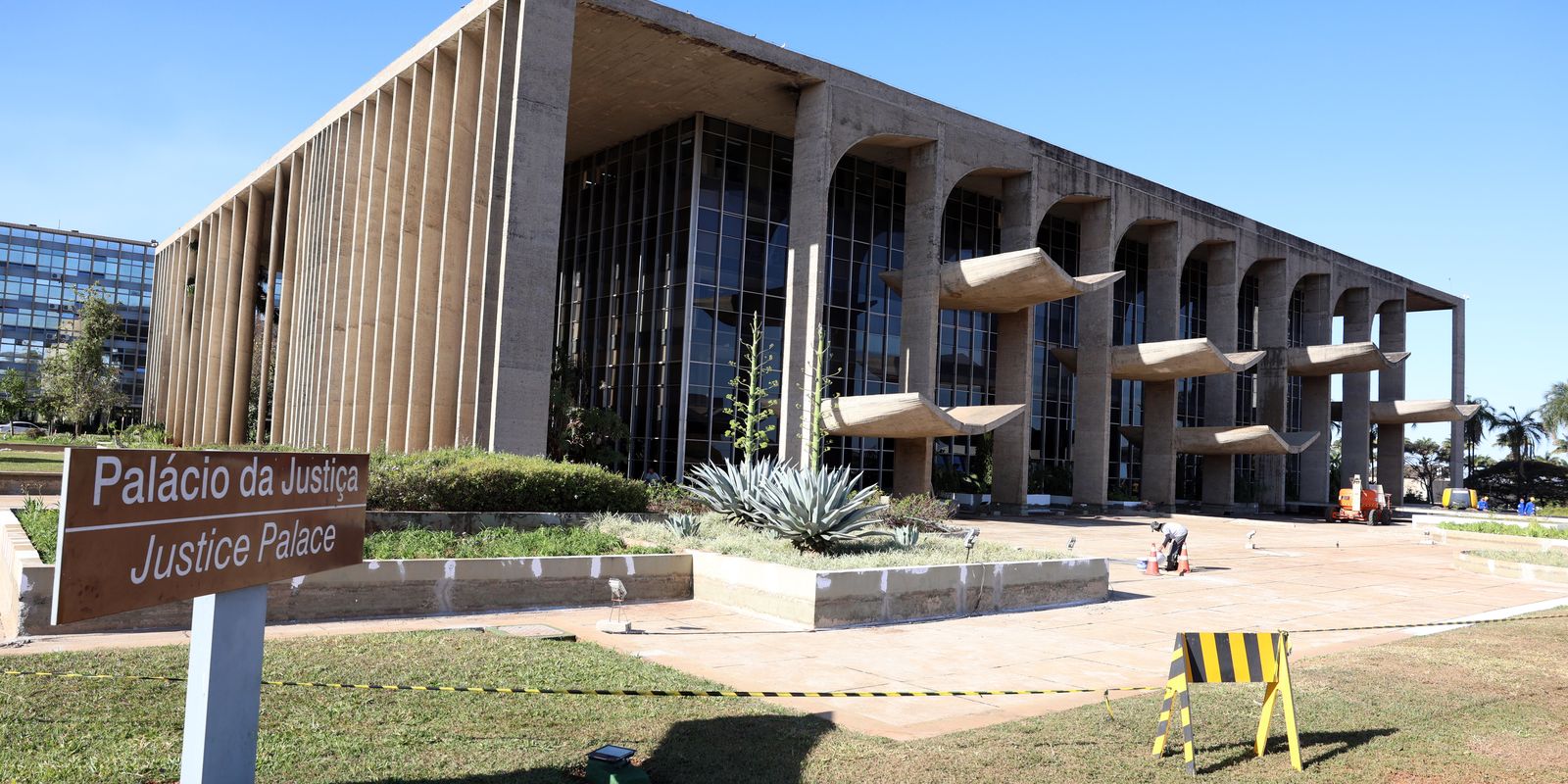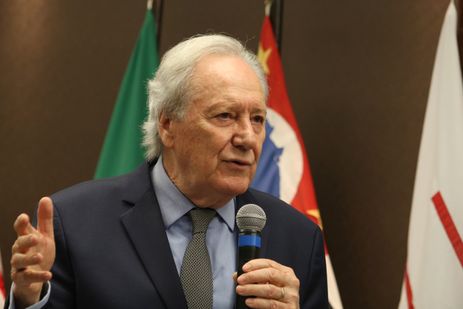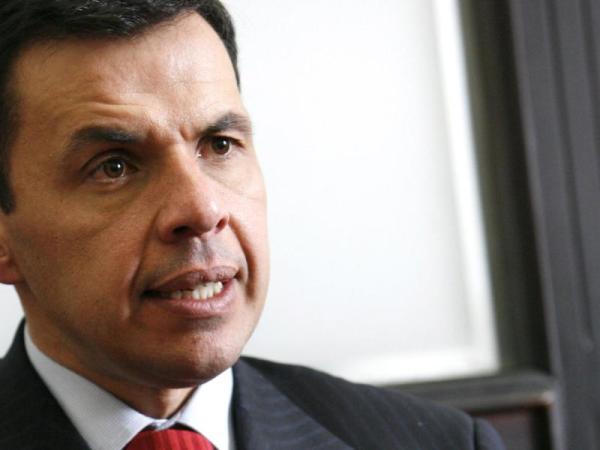Financial scams, such as fraud, password theft and bank account hacking, affected more than seven million Brazilians last year alone, of which the majority (61%) managed to recover their money, with 34% recovering the total amount lost in the scam and 18% also obtaining an additional amount for moral damages, according to data from the National Confederation of Retail Managers (CNDL) and SPC Brasil. The increase in this type of crime, mainly through Pix or fake bills, motivated a Technical Collaboration Agreement between the Ministry of Justice and Public Security (MJSP) and the Brazilian Federation of Banks (Febraban), made official this Friday (23) during a visit by Minister Ricardo Lewandowski to the entity’s headquarters.
After a lunch meeting with bank representatives, the minister participated in the announcement, in the financial center of the capital of São Paulo. The partnership will last at least two years, with the possibility of being extended for up to 60 months, and will provide technical resources from the government and banks to work together, exchanging technical data, technologies and expertise, in addition to training human resources. The goal is to find tools to reduce or reverse the increase in these crimes, which have already led to around 200 operations and the execution of 445 search and seizure warrants, in addition to 85 arrests, between 2018 and 2023.
According to the minister, the joint action will be broad: “We will cover several sectors, as we intend to tackle not only criminal offenses, but also civil offenses and those committed against consumers. It is a very ambitious goal, but we will have the necessary means to soon present a proposal for solutions to combat organized crime.”
A joint working group will be formed within 30 days, the composition of which has not yet been detailed, and its objectives will include the creation of a public policy called the National Financial Security Strategy. For the president of Febraban, Isaac Sidney, “the fight against organized crime, the fight against bank fraud and other financial crimes are a duty of society as a whole. It cannot be restricted to the government.”
Lewandowski also spoke of the importance of updating legislation related to combating money laundering, including in relation to other crimes, such as illegal mining and drug trafficking, which can be improved through joint work between public and private entities.
The event also highlighted two similar partnerships that are in the consolidation phase and should be made official soon. One involves the exchange of information, with an emphasis on educational and preventive measures and the repression of cybercrime and high-tech attacks. Febraban has already donated high-tech equipment to the Federal Police to combat ransomware (software used for extortion through data kidnapping). The other agreement involves the Federal Police’s Tax Crime Repression Division to deal with fraud within the scope of the National Institute of Social Security (INSS).
The minister also spoke about the infiltration of organized crime in governments through elections. According to him, the MJSP is working with the Superior Electoral Court, collaborating in the screening of candidates’ backgrounds, when requested, and in the fight against fake news.


















